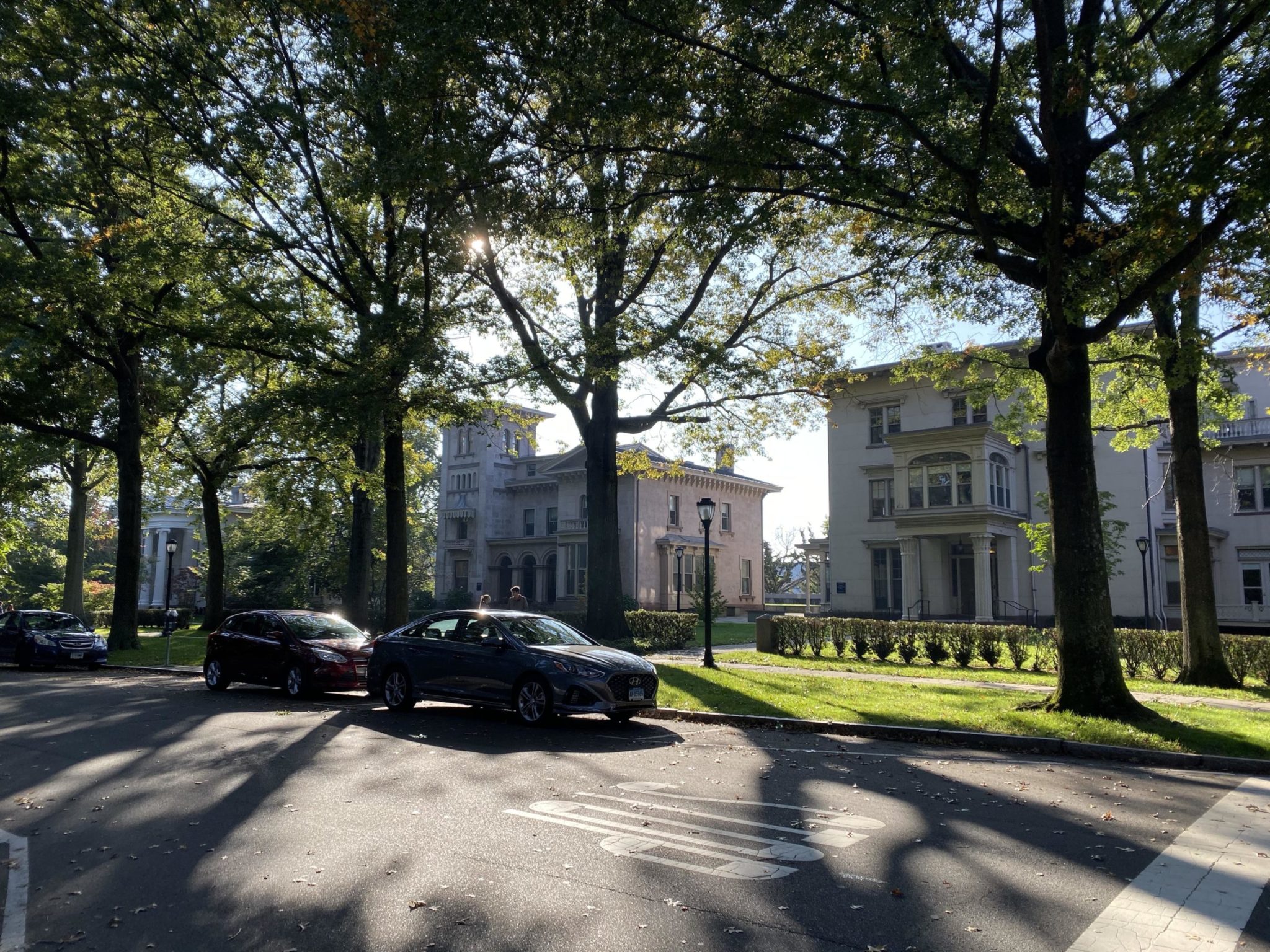
Vaibhav Sharma, Photo Editor
At the most recent University Cabinet meeting, University President Peter Salovey’s advisers were charged with developing individual plans to implement Yale’s wide-ranging belonging initiatives, which aim to make a renewed commitment to diversity and inclusion across the University.
At the January meeting, administrators informed Yale’s deans and vice presidents on the progress made since the initiatives were announced this fall. They also shared the timeline for deans and vice presidents to develop their own plans. Each unit — which includes a vice president’s office and dean’s school — must come up with its own plan to increase inclusion and belonging.
The brainstorming process will start in February, with a Sept. 1 deadline for the final proposal. While the leaders of each unit draw up their own plans, a new implementation committee made up of administrators and representatives for staff, alumni and faculty has been tasked with making sure the belonging initiatives Salovey outlined in October are carried out. The committee will determine how to offer centralized support and feedback to the units.
“Let’s go back to a guiding principle for this whole initiative,” Secretary and Vice President for University Life Kimberly Goff-Crews said. “This is a marathon, not a sprint. We’re constantly moving and trying to move forward and improve areas of the work that we have [done].”
Sten Vermund, dean of the School of Public Health, said that the pandemic and accompanying isolation have intensified the initiatives’ urgency. The YSPH has worked on belonging for the past several years and established an Office of Diversity, Equity and Inclusion in 2019, Vermund said. Though the leaders lost some momentum when they had to shift gears and fight the pandemic, the most recent meeting helped renew efforts, he said.
The implementation committee will need to decide how to assess units’ progress and ensure they stay accountable. So far, units have asked for help in administering surveys to collect departmental data, Dean of Diversity and Faculty Development Larry Gladney said.
For his part, Salovey said he has asked Yale’s trustees to make sure that he and the University continue progress on the work. Salovey told the News that Sterling Professor of history David Blight and a group from the Gilder Lehrman Center have begun examining Yale’s entanglements with slavery.
Much of the belonging initiatives work thus far has involved committee meetings. Matthew Jacobson — professor of African American studies, history and American studies — said that it is important for there to be committees to ensure that changes are deliberate.
But there is also a need for swift and decisive action, he said. Jacobson said that in addition to committee meetings and the units’ plans, the University could make efforts to hire a cluster of more diverse candidates across a variety of fields as opposed to trying to make individual hires.
Gladney added that departments with diverse members often try to have guided discussions about topics of race and belonging. But according to Gladney, sometimes these are easier planned than carried out.
Jacobson said that faculty have advocated for mechanisms of accountability so that work towards belonging continues throughout the coming years.
“If it’s going to be meaningful, we all have to keep our eyes on it,” he said.
A committee began deliberating on the initiatives last winter.
Rose Horowitch | rose.horowitch@yale.edu








